Like many dementia caregivers, I’m trying to find ways to help recharge myself to better support my mum with Alzheimer’s by improving my mental health. I decided to seek help by seeing a therapist for counselling or talking therapy, as it’s known.
I decided to share my overall experience in Does Counselling Help for Dementia Caregiver Burnout? I did this to encourage others dealing with caregiver burnout or stress to try this option, especially when you’ve tried everything else and things haven’t improved.
If you’re reading this, you probably want to know more, so in this post, I will share some specifics about my sessions and some valuable tools that we used.
If you like this blog, why not consider subscribing?
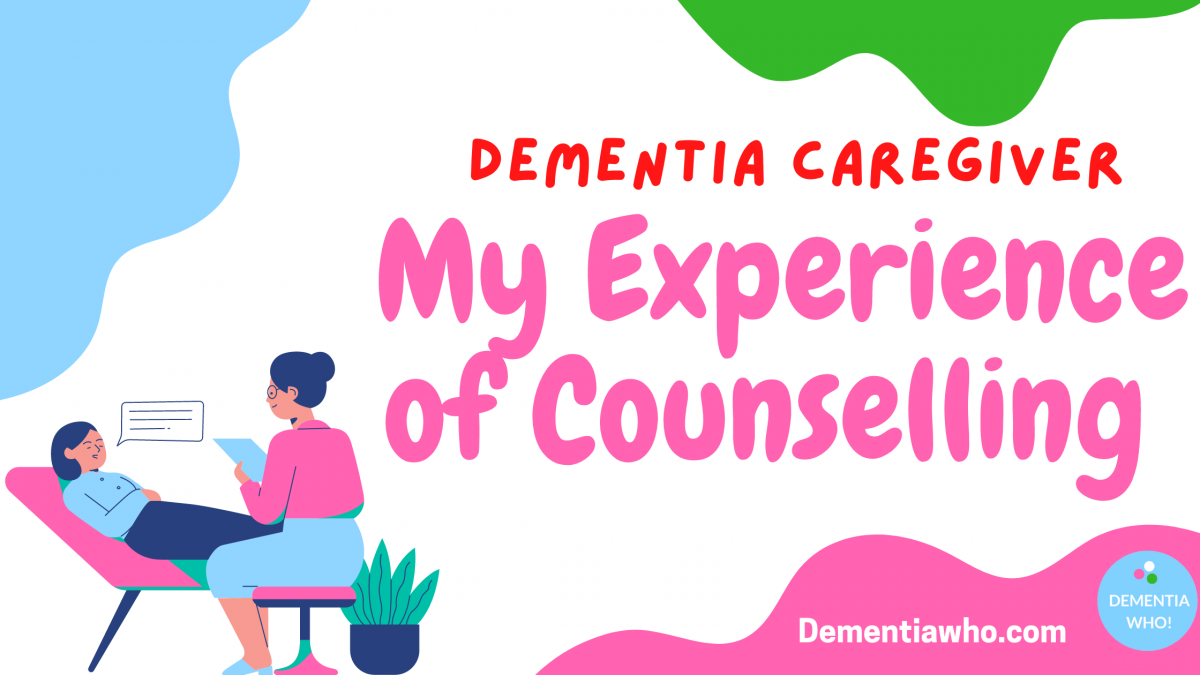
Feelings of Guilt
One significant issue, as with many dementia caregivers, revolves around guilt. I’m constantly worrying and feeling guilty about something while caring for mum. It generates feelings that I’m not good enough, puts me in a low mood, and I start getting negative thoughts. It doesn’t just affect my day. It also spills over into my sleep or lack of it as I’m stressed thinking about all the things I could’ve done better for mum.
My mind swirls with thoughts of guilt. Guilty I’m not doing enough to make my mum happy, guilty that others don’t make an effort for mum because of my presence, guilty at getting frustrated at mum because I’m tired and lack sleep, guilty that I’m thinking about a future without mum etc. That’s just a few. There are many more feelings of guilt that I have.
Learnings from Seeing a Therapist
Sharing my feelings with my therapist made me see the situation differently. She taught me how to change my mindset and reframe a problem away from my negative thoughts.
- Guilty at not doing enough to make mum happy
- This is in my head constantly as I juggle the caring side with being her daughter.
- It’s a complete role reversal, compounded by Covid restrictions and no breaks.
- I learned that I need to give myself a break, I’m doing the best I can, I’m not a superhero, reframe it to the positives.
- I’m here protecting and caring for mum despite not being a professional carer. I recognise & accept this role is difficult
- Mum is happy – it’s my guilt that is clouding my perception.
- My frustrations with mum
- They aren’t with her, it’s with the disease – dementia and that’s normal.
- Reframe the frustration source, where’s it really coming from?
- People don’t phone or try to connect to mum
- This isn’t about me, it’s about them. Reframe it to if you were in that situation would you act differently – so where’s the problem? It’s with them not you.
- Guilty about planning a future
- Reframe the speaker – What would mum want for me?
- She’d want me to be planning a future, to make sure that I looked after myself when she wasn’t around.
Looking Forward
Planning a future for myself was a key takeaway from my sessions with my therapist. I’ve become lost in being a “caregiver” rather than an individual. But she forced me to look at myself, to remember who I was before caregiving.
What about my dreams? What about the reality that I’ll be of a certain age past that required for suitable employment opportunities? Will I be financially worse off? What’s my support system now that my friendship circle has narrowed? We talked about really planning for my future, setting realistic goals, and taking small steps towards that goal.
My favourite line from her was
“Nothing changes if nothing changes.”
So I have plans now, a list of goals of getting myself out there again, being independent, financially secure and finally joining the dreaded carers support groups!
All pretty obvious things reading them back, but once in that stress and anxiety place, you really can’t see it or how to dig yourself out of that hole.
We discussed so much more, but I hope this post gives you a little insight into how talking with a therapist can help you when you’re so immersed in your problems you can’t see or think clearly.
After every session, my therapist left me with something to work through or gave me tools to help relieve my anxiety, breathing techniques, books to read, apps to try, practising mindfulness, and learning to use positive terminology when talking about myself.
Therapist Tools
Here are two examples of two very useful tools that my therapist introduced me to that helped calm my anxiety when I felt overwhelmed. I think they’re worth sharing, as there are so many different techniques out there; knowing which could be helpful is a bit of a minefield. I can say these do work through practice and can help you.
7/11 breathing technique
This is a breathing technique that can help relax and reduce stress. There is a technical way to describe how this helps, but simply breathing out longer pushes your body into a more relaxed mode, and you begin to calm down. The more you practice this, the more your body will respond. Here’s a simple video by Mind Suffolk showing you how to do it.
5-4-3-2-1 grounding technique
This is a great exercise when stress increases and you can’t focus on anything except what’s in your mind. This helps ground you to the here and now, pulls your mind away from what’s agitating you – I find this works well when I need to calm down and change my focus.
Useful therapy apps
- Headspace – a guided meditation & mindfulness app
- Calm – an app for meditation, music and helps sleep
- Smiling Mind App – free, daily mindfulness & meditation guide
- Insight Timer – Meditation app for sleep, cope with anxiety, managing stress, yoga etc
- My Positive Self – an app to improve the mental health and wellbeing of people living with stress, anxiety and low mood
Courses
- SilverCloud is an online course to help you manage stress, anxiety and depression. You work through a series of topics selected by a therapist to address specific needs. The course is designed to be completed in your own time and at your own pace.
- Be Mindful is an online course for reducing stress, depression and anxiety and can improve sleep quality. It’s the only online mindfulness-based cognitive therapy (MBCT).
That’s it!
I hope I’ve given you a taste of what therapy had done for me. I am more positive as result, I still have my down days but I have tools now to help me get out of there and I’m working towards something meaningful for myself. I’ve seen a change and it’s had a positive effect on caring for my mum.
If you’re feeling suicidal or self-harming in any way, you should get emergency help as soon as possible – How to get help in a mental health crisis – Mind


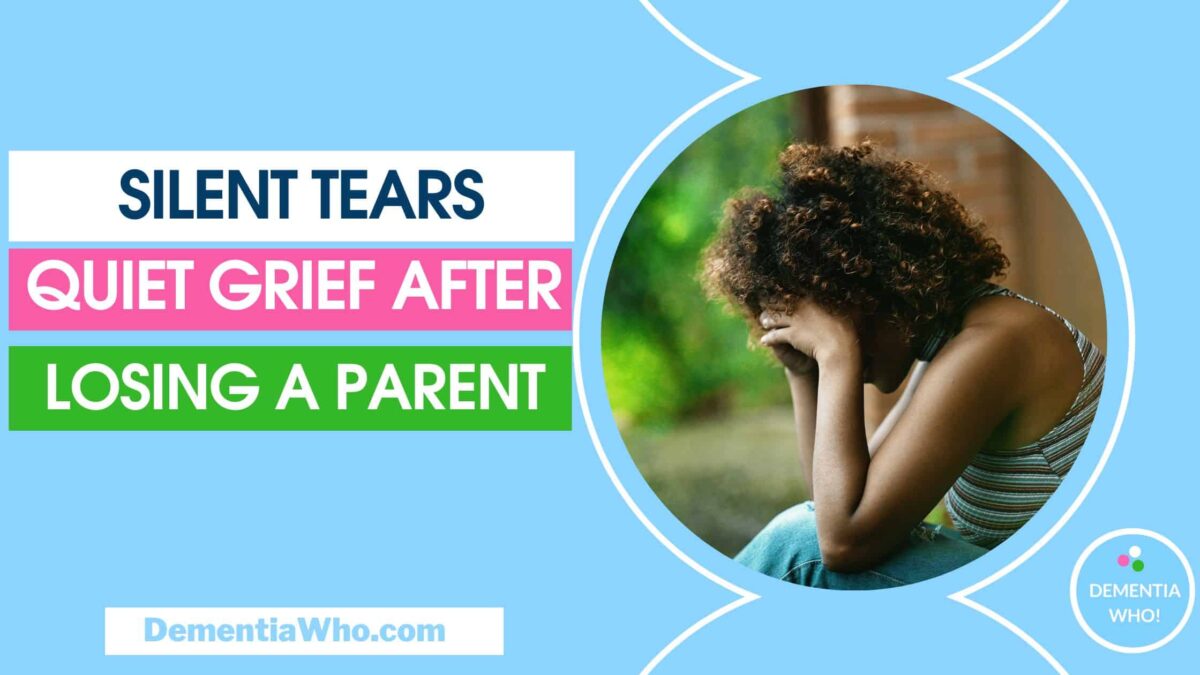
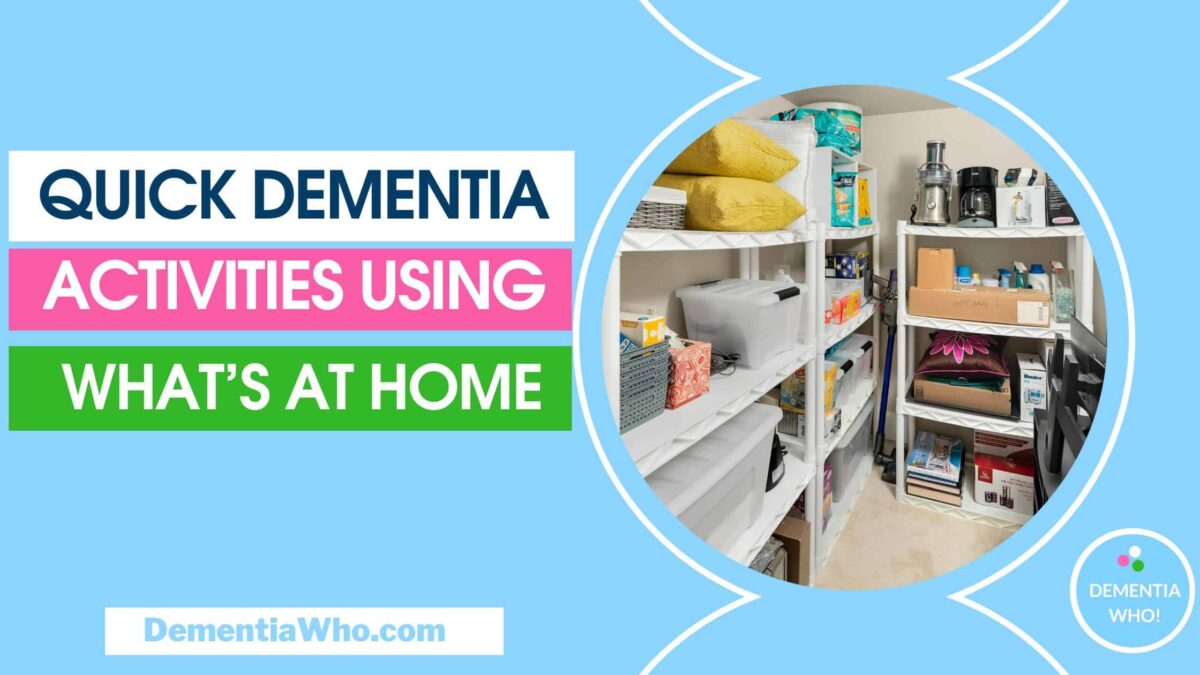
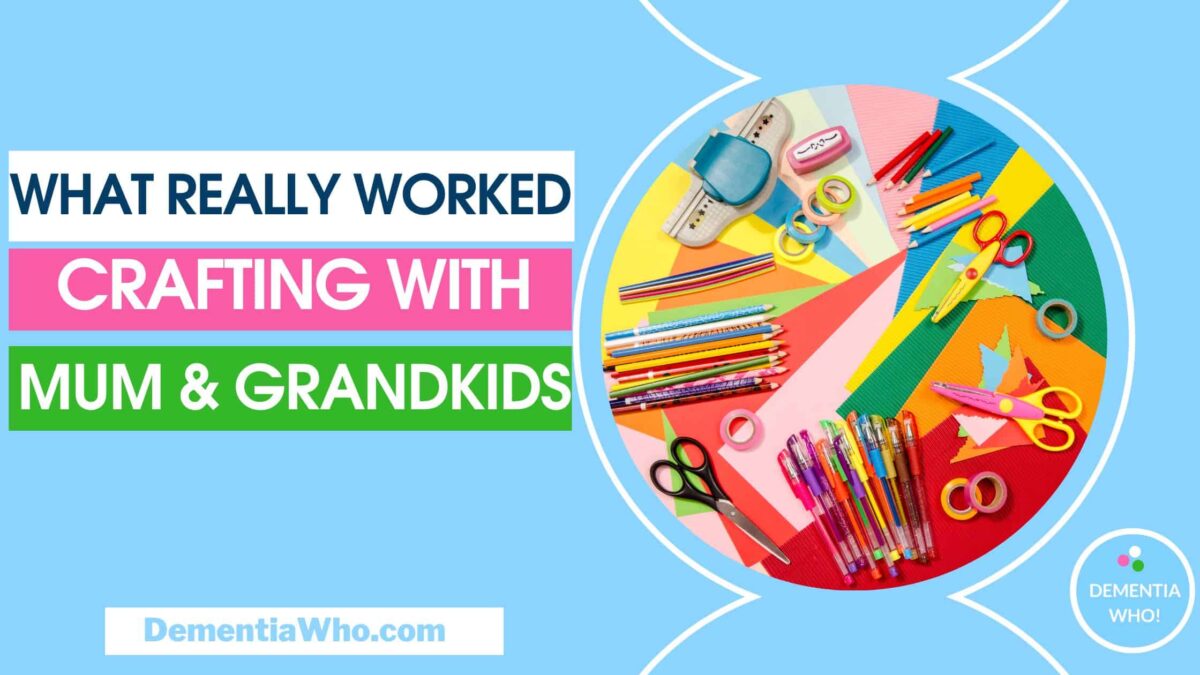
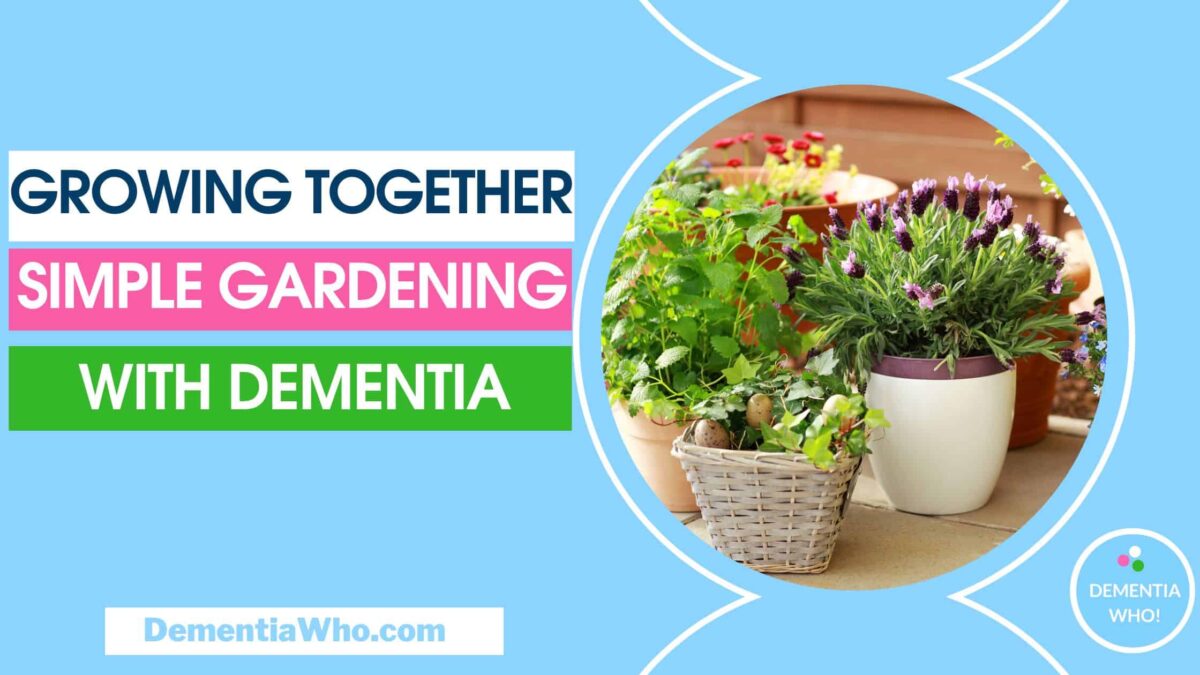


Your best yet, so much information and hope in one blog xx
Thank you – probably the hardest to write for me as it got so personal, had to leave out some, my deepest fears, but hopefully, people will get a taste of how talking therapy helped me.